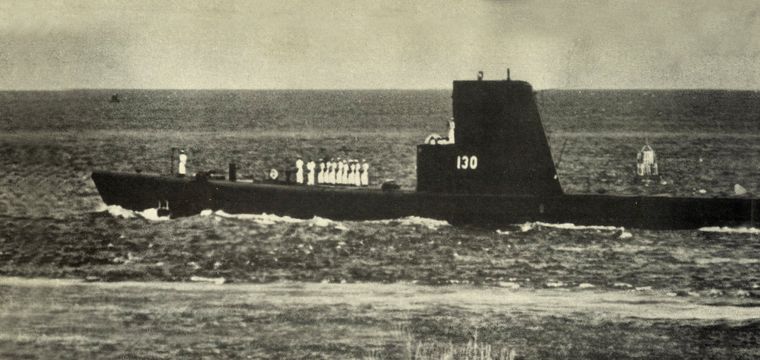Newspaper Article 30/03/2018
In the wake of successful military operations like Operation Rah-e-Rast, Rah-e-Nijat, Zarb-e-Azab, and Radd-ul-Fasaad, there is some confusion over the reasons for extremism and radicalisation in society and also over the evolution of a counter-narrative to combat the same. Prior to the exercise of carving out a counter terrorism narrative, it is important to look for the reasons that could be perhaps domestic or external or both that have led to the birth of extremism and intolerance in our society.
Lately, the state has been held responsible for its failure in building a counter-narrative that could become the voice of the nation. However, the masses cannot be told to blindly follow the rhetoric, finding the answers for unanswered questions is one way to do it. In the beginning, perhaps the biggest mistake in the ‘war on terror’ was the belief that the destruction of al Qaeda’s training camps and the Taliban would lead to the demise of terrorist groups. Rather, a successful counter-narrative should have focused on rolling back and containing the jihadist narrative side by side as the absence of it bred the sentiment of dissent among the nation.
The same dilemma is the case with the domestic issues pertaining to the life of an ordinary citizen, as the gap between the expectations and the available prospects widens. Frustration, coupled with the short-cut syndrome in our society, is higher today than ever before. As policy and governance go hand in hand, the absence of one is the ultimate failure of the other. Bad governance too weakens a state’s narrative, particularly when apparatus, defiant of the institution of the state, exist with an ideology of their own. As people can never be told to follow one rhetoric and not the other. There needs to be a thoughtfully and carefully crafted strategy towards building of a national narrative on countering terrorism that supports the case of governance and vice versa.
Unfortunately, bad governance is one amongst the many factors terrorism flourishes on. Discontent and dissent, corruption, injustice, nepotism, poor law and order, and extreme poverty are the breeding grounds for terrorist factions to find those who would then carry forward their narrative.
Firstly, the debate on counter extremism in Pakistan should be confined to three basic issues: religious schooling, narratives and curriculum reforms in the public and private sectors. Target areas should focus on drastic changes in religious institutions (madrassas), pre-emptive measures to avoid relocation of terrorists in metropolitan cities of the country, avoiding absolutism, idealism and utilitarianism in approach, fixing the police and the judicial system, and dismantling all private militia and gun culture. Also, the role of media and the civil society is the most important in disseminating a narrative. A network of moderate religious scholars can be built. In Pakistan, the political power elites do not have connectivity with moderate religious scholars in society, and their views about religious communities and narratives are based on their interaction and working relationship with the leadership of religio-political parties.
As mentioned earlier, any counter-terror narrative must evolve as the threats evolve over a period of time. It needs time to develop because it can neither be imported nor be thrust upon society. It is important to figure out how many generations will suffer from our decisions and compensate for our mistakes, if we could not develop a viable and practical apolitical solution isn’t found out.
Conclusively, Pakistan must not wait for another APS tragedy to happen and ensure that the military actions seek the required objectives. It is to the presence of both, concrete counter-terrorism narrative and efficient governance that terrorism can be dealt with effectively.
Article originally published in Express Tribune on February 14, 2018.
Disclaimer: Views expressed are of the writer and are not necessarily reflective of IPRI policy.

